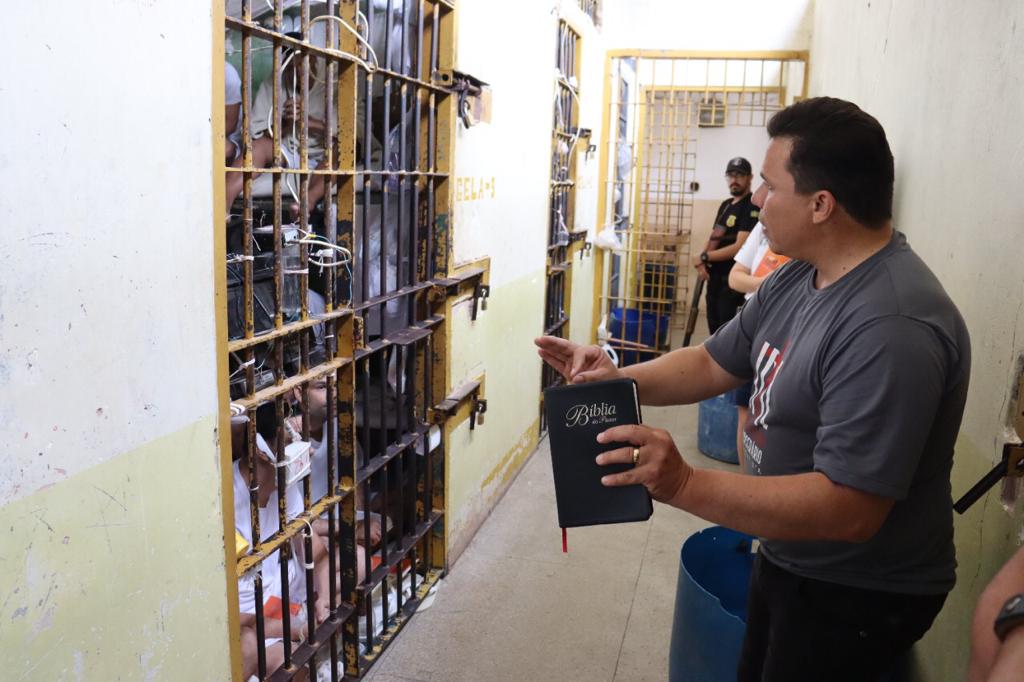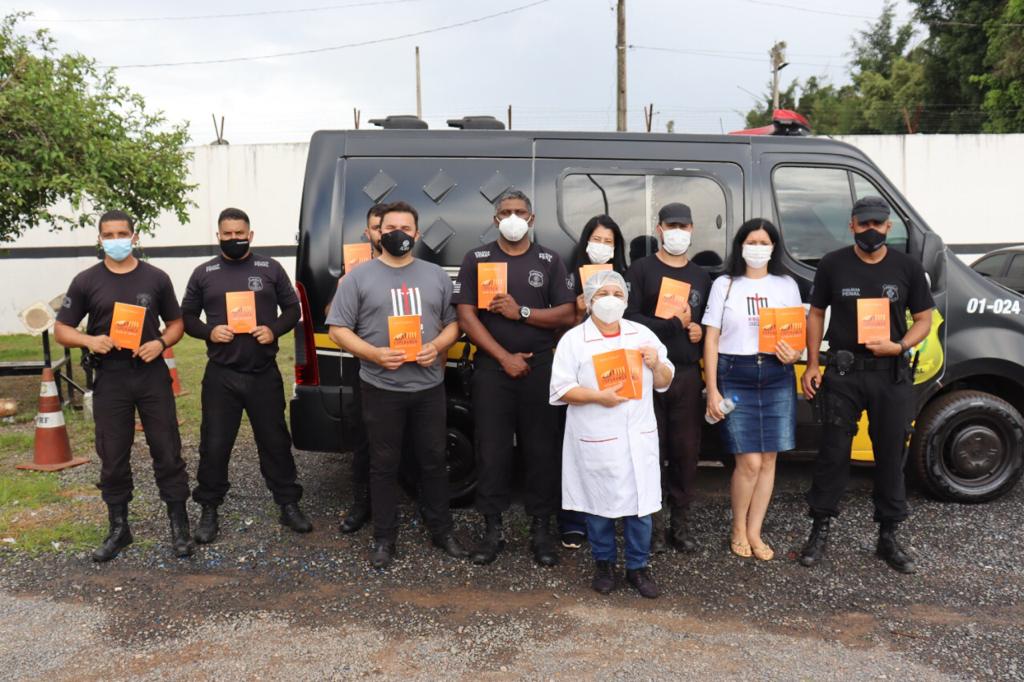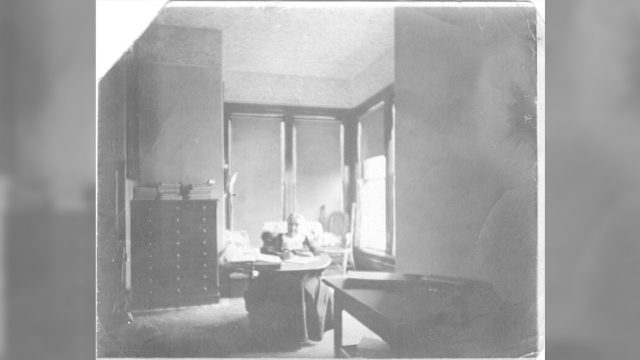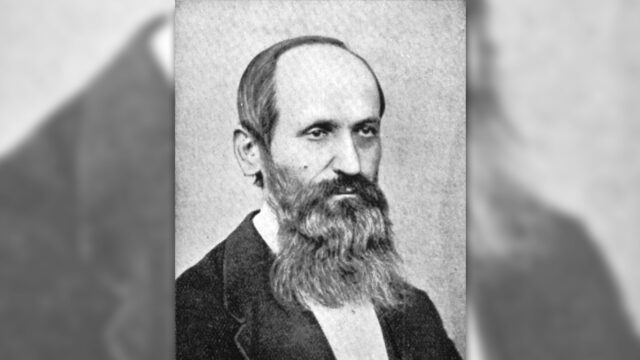Joymir Guimarães coordinates re-socializing initiative of reading and Bible study.

Across Brazil, an increasing number of Seventh-day Adventist members are participating in prison ministries, reaching out to inmates who need social and spiritual support. As they do it, many in prison are reading Adventist books and requesting Bible studies. Dozens have already been baptized.
In the past few years, a partnership between government and church entities has made faith and religion an important part of the process of helping inmates to improve their lives and prevent recidivism.
In the region surrounding Brazil’s capital city of Brasilia, the Seventh-day Adventist Church has offered the government some assistance to achieve these goals. Just in that region, prison ministries is currently serving more than 16,000 inmates, church leaders reported.
Joymir Guimarães is the regional coordinator of the initiative. He knows what he’s doing, as he saw his own life transformed by initiatives similar to the ones he helps to implement in prisons. Years ago, Guimarães served time at the Papuda Penitentiary, one of the largest in Brazil. It was there that he found hope in God and a new life.
Guimarães said he didn’t want to keep that hope just for himself. Now, he has returned to prison, this time with a special permit that allows him to encourage other inmates with Bible messages.

“Spirituality is extremely important to support the reinsertion of those who finish serving time,” Guimarães said. “I was one of them, completely forgotten. But the [Adventist] Church believed in me. It was something that helped me to restart. Now I’m back to help others.”
Guimarães explained that the Prison Ministries initiatives he coordinates can assist in the recovery of drug addicts, supports family members, and encourages learning through an activity entitled “Turning the Page.”
Turning the Page
In partnership with the Public Ministry of Labor and the Department of Justice and Citizenship of the Federal District, Prison Ministries works to encourage reading. In return, inmates can apply to get their sentences reduced. They meet twice a week, not only to read but also to discuss what they have read.
According to the initiative, inmates have up to 30 days to read a book and write an essay on it. If they score enough points, they can apply to get their sentenced reduced by four days per book, with a maximum of 48 days per year. Experts assess the writing reports on their readings, and the best receive an award, Guimarães explained.
“We are very happy with the results,” Guimarães said. “The interesting thing is that we also use the readings to apply what they read to their lives. We discuss what they can do to get out of a life of crime, what their options are, and provide them with some guidelines. Inmates start to get new vision on life and comment that they had never thought that way before.”
Dozens of volunteers support the Prison Ministries initiatives, including pastors, chaplains, lawyers, and psychologists. Each professional helps in a specific way, Guimarães explained. “During visits, volunteers talk to detainees and use Bible stories to provide moments of reflection and change in their lives,” he said.
The original version of this story was posted on the South American Division Portuguese-language news site.








